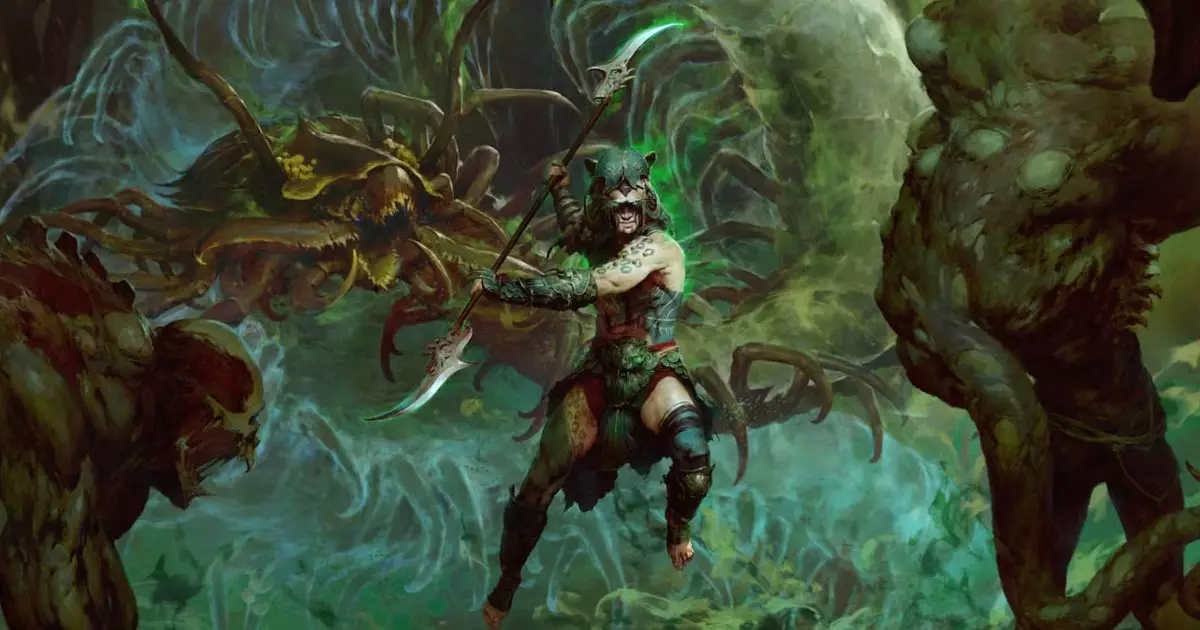The term “Action RPG” conjures myriad interpretations within the gaming community, often leading to confusion and debate. At its core, an Action RPG (ARPG) merges the frenetic gameplay of action games with the narrative depth and character development seen in traditional role-playing games. This hybridization is evident in titles like *Diablo 4* and *Path of Exile*, both of which epitomize what many would classify as ARPGs.
On the surface, ARPGs present a straightforward classification, but history reveals the complexity underlying these definitions. Consider the *Zelda* series: while it possesses action and RPG elements, it is often viewed through a different lens, showing that not all ARPGs are created equal. The term itself can be a double-edged sword, leading players to form varied expectations based on individual experiences.
The Controversial Proposal of “Diablo-like”
Recently, Rod Fergusson, the head of the studio behind *Diablo*, suggested that games closely resembling the *Diablo* formula should be labeled as “Diablo-likes”. This proclamation spurred differing opinions and reactions across social media platforms. The suggestion implies a certain hierarchy within the genre, placing the *Diablo* series as the benchmark against which all other similar titles are measured.
While the idea may not be inherently problematic, it does raise questions about the unique qualities of numerous contemporary ARPGs. Critics argue that adhering to such nomenclature regarding “quality” could diminish the creative efforts of developers striving to innovate within the genre. Yet, that formerly mentioned hierarchy is fraught with complexities, reflecting a desire for clarity that the term “ARPG” fails to deliver.
The Nuances of RPG Elements in Action Games
Piggybacking on Fergusson’s comments reveals an essential inquiry: What differentiates an Action RPG from a traditional action game? It revolves around the integration of RPG mechanics—elements like character progression, narrative choice, and skill trees—all of which deepen player involvement and investment.
However, this distinction can blur, leading to misunderstandings about individual game identities. When considering a title as either an ARPG or an action game with RPG elements, one must examine how these components interact. Does the game prioritize action-oriented gameplay? Or does it offer a broader RPG experience, emphasizing storytelling and character development? The answer is subjective and ultimately shapes the player’s experience.
Ultimately, the ongoing discussion surrounding the classification of Action RPGs highlights a greater challenge in the gaming industry: the language we use to describe our experiences. As developers continue to push boundaries, it is vital to stay open-minded about the evolving definitions of genres.
In the case of ARPGs, a focus on gameplay mechanics and player experience can yield a richer understanding of what these games entail. Whether or not we adopt terms like “Diablo-likes,” the essence of the genre lies in the unique blend of action and RPG elements that brings captivating worlds and dynamic narratives to life. Therefore, while labels can provide clarity, appreciating the creative spectrum within the genre is crucial for fostering an inclusive gaming community.

